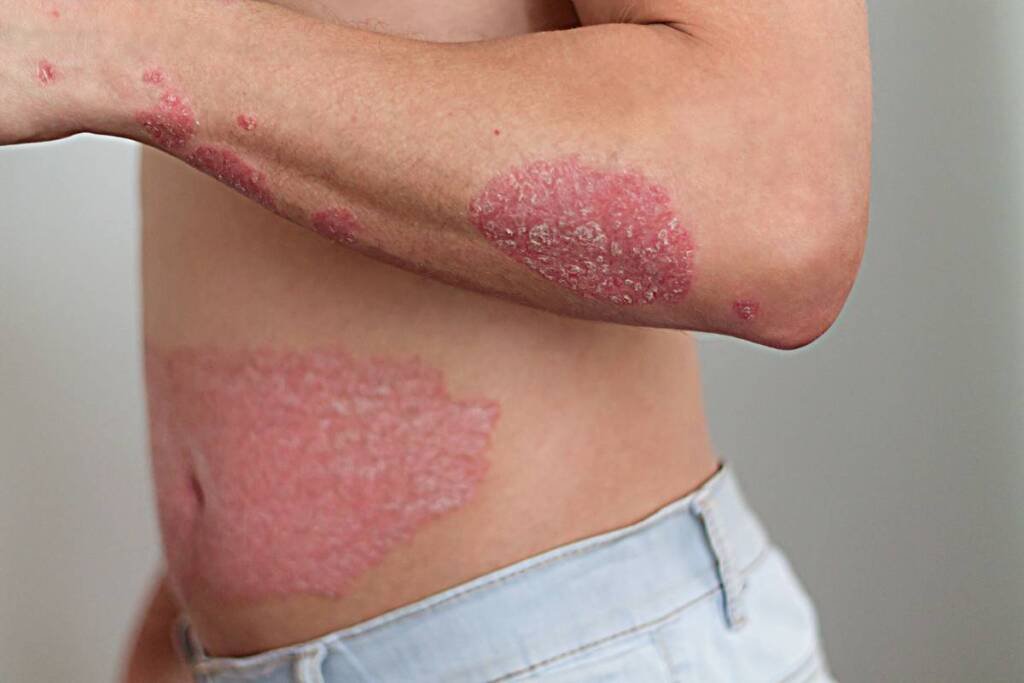Source: Bristol-Myers Squibb
Just weeks after receiving approval in the UK, Bristol-Myers Squibb’s novel oral therapy for psoriasis, SotyKtu, has been recommended for routine use by the National Health Service (NHS) in England and Wales.
The National Institute for Health and Care Excellence (NICE) has endorsed the use of Soty Ktu, the first-in-class Tyk2 inhibitor, as an option for adults with moderate to severe plaque psoriasis who meet specific eligibility criteria. These criteria include having a Psoriasis Area and Severity Index (PASI) score of 10 or higher, indicating that the lesions cover at least 10% of their body, as well as a Dermatology Life Quality Index (DLQI) score above the threshold of 10 on a 30-point scale. A higher DLQI score indicates a greater impairment in quality of life.
Soty Ktu (deucravacitinib) is intended for use in patients who have not responded adequately to other systemic treatments, such as cyclosporine, methotrexate, and phototherapy, or who are unable to tolerate those therapies.
The NICE guidance recommends that physicians consider discontinuing Soty Ktu treatment after 16 to 24 weeks if there has not been sufficient improvement in PASI scores, and they should explore cheaper alternatives when appropriate.
The list price of deucravacitinib is £690 per 28-tablet pack before VAT, but Bristol-Myers Squibb has agreed to provide the drug to the NHS at a confidential discount.
This NICE decision marks a positive milestone in Bristol-Myers Squibb’s global rollout of the drug as it pursues a peak sales target of approximately $4 billion per year. The Scottish Medicines Consortium (SMC) is still in the process of reviewing the drug and has not yet issued a decision.
Clinical trials have shown that Sotyktu is more effective than Amgen’s PDE4 inhibitor Otezla (apremilast) in treating moderate-to-severe psoriasis. NICE had previously recommended Otezla for a similar patient group in 2016.
Bristol-Myers Squibb reported in its first-quarter results update that Sotyktu had gained significant market share in the US, where it was first approved in September of the previous year. The company holds over 30% market share in the oral psoriasis category. Bristol-Myers Squibb is also exploring the potential of Sotyktu for additional indications, including psoriatic arthritis and systemic lupus erythematosus (SLE).





























